Work
Bio
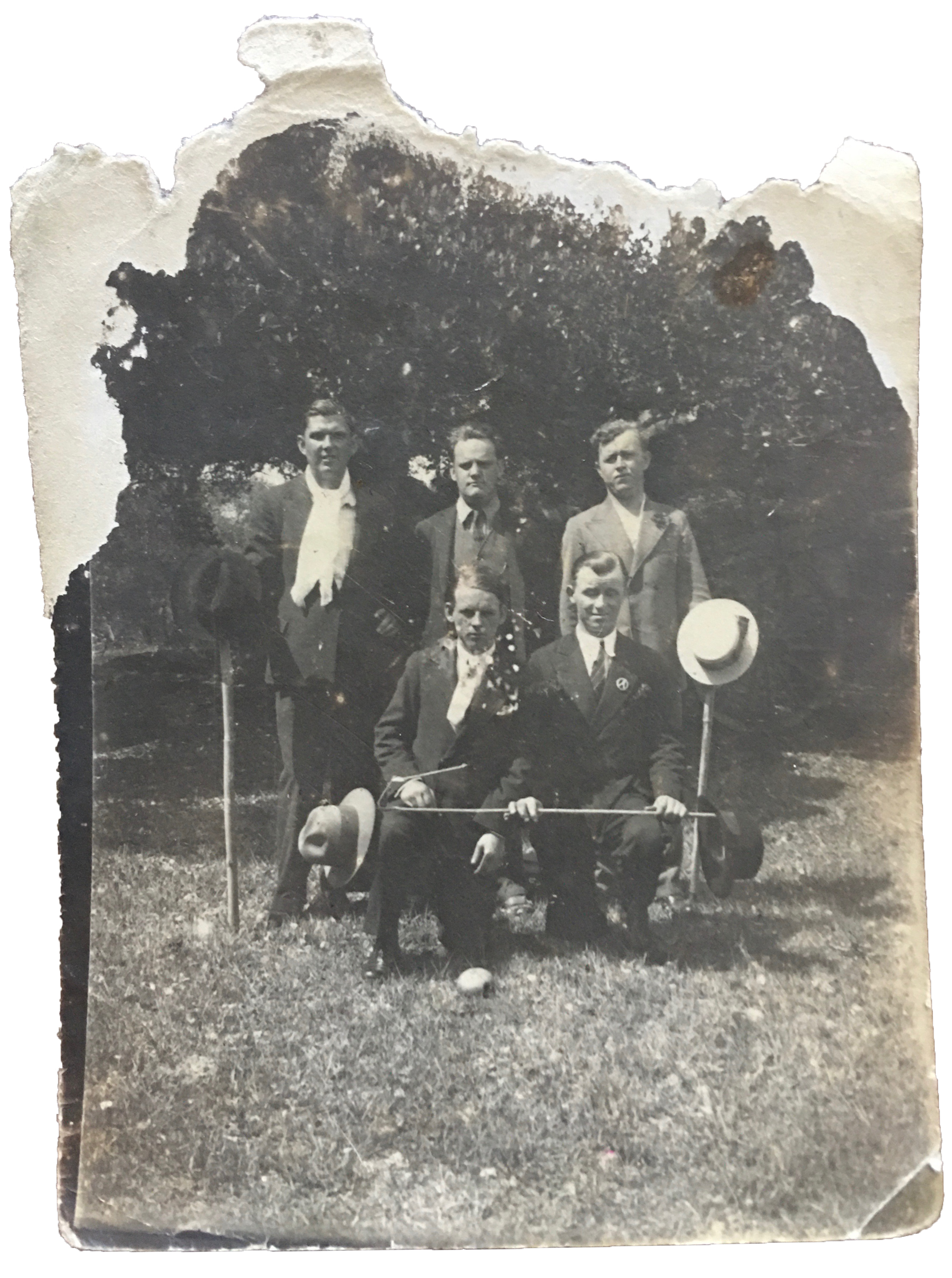
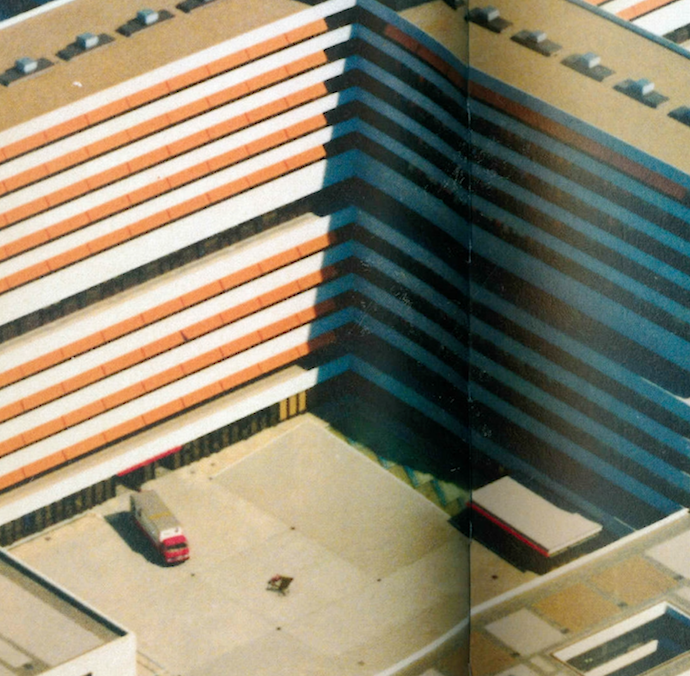
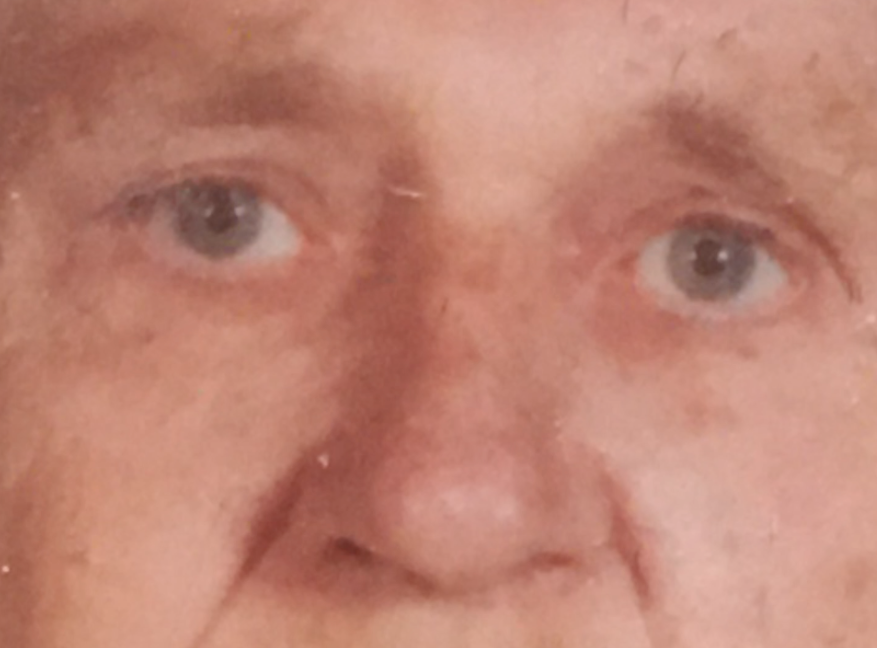


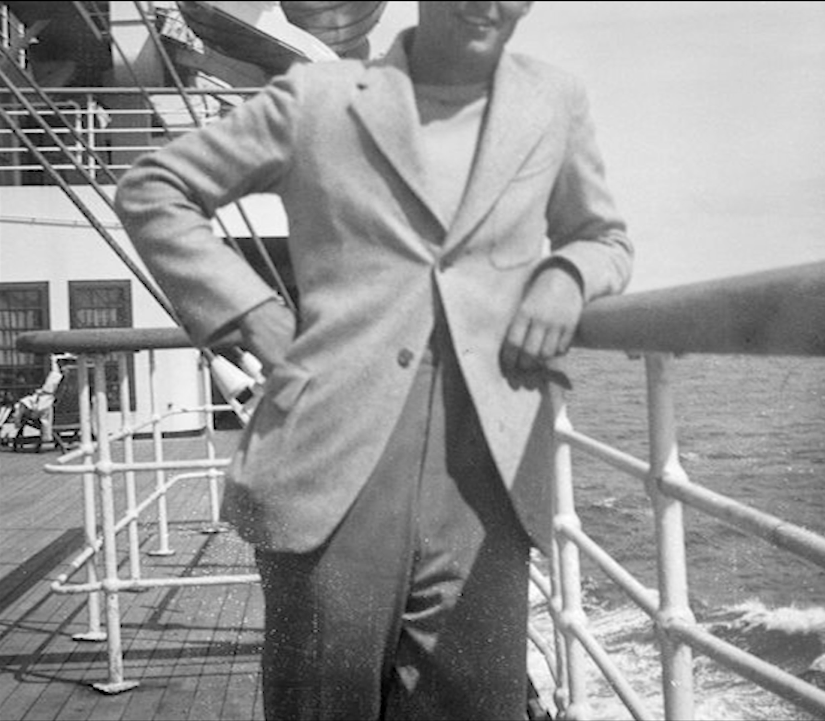

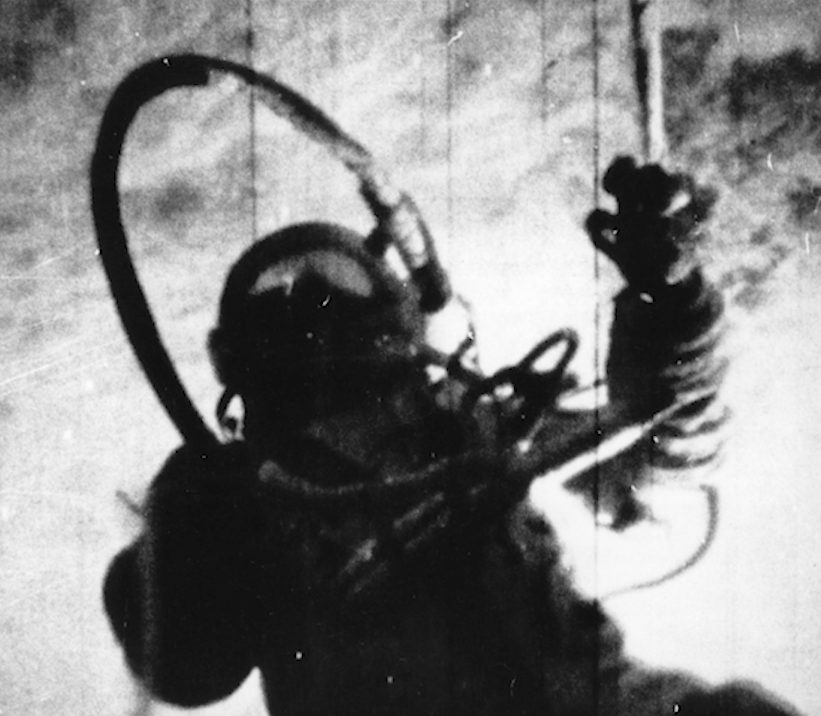

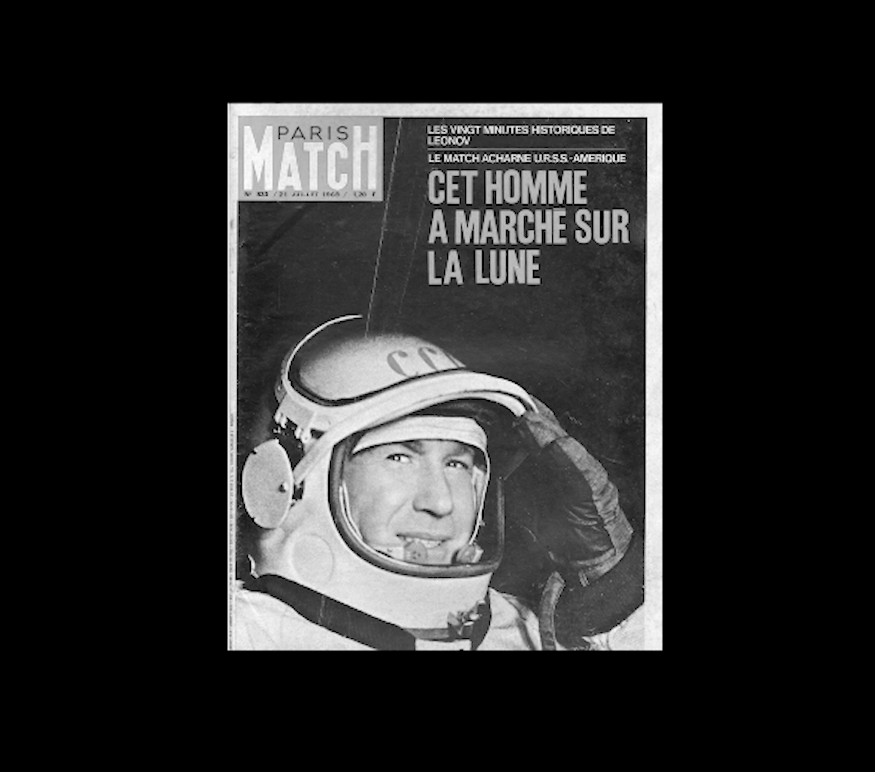


WORKS
Family Portrait, 2020
Last summer, my mother unpacked a box of family pictures on her kitchen table and I started wondering why family pictures were always stored into boxes. Like some classified affair. While going through those faces I didn't know and these landscapes that did not exist anymore, I started building up stories about how things could have happened for those who were not hereanymore to tell them the way they were.
A homely environment, 2021
In September 2020, after the new measures taken by the Sandberg Instituut towards Zoom preferred education in order to avoid the spreading of the corona virus, the MC Slotervaart hospital hosted F for Fact as an external space for practice-based education. The site-specific installation translates how Slotervaart faded from space of curiosity to a daily background and practical environment to its new users, an in-between changing site, yet still charged with traces from its past functions, an atypical and temporary home.
Reboot (1969), 2021
Through still images and a monotone voice over, Reboot shows how narratives can be created when facts are altered. By questioning the impact of individual choices in global History, the series of videos imagines short life uchronic scenarii disturbing the process of collective heritage and memory.
Onbekend op dit adres, 2020
How can we create narratives out of skills and randomness? The content of the letters in Onbekend op dit adres were formed by Duolingo’s sentences that are assembled in order to create a fictional exchange between two characters. The structure of the sentences had to be respected in the writing process as a way to create a troubled understanding of the message and of the expectations of the language. Object that cannot be unpacked and experienced (tapes, undeveloped films, unrelated pictures) were added to the letters as founded testimonies to enhance the plausibility of the relationship between the protagonists.
Juliana Zepka
Juliana Zepka evaluates the role of the artist as a vessel for the untold, the unwritten, the unheard, the forgotten. Her work circles around the echoic relation between text and images, facts and fiction, found objects and (hi)stories. Using “anarchiving” practices as a way to connect the seer and the seen through film and installations, she aims to excavate anonymous and established archival material out of the past by exposing them in the light of present times. Her approach to art is rooted in collaboration and interactivity.
︎ https://julianazepka.com/